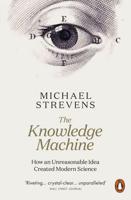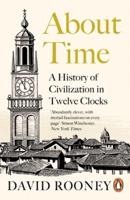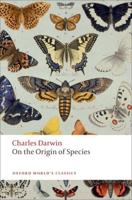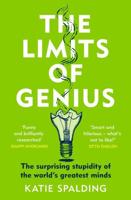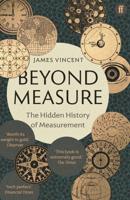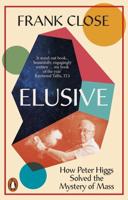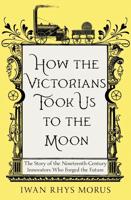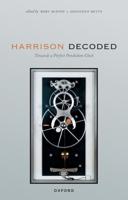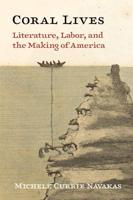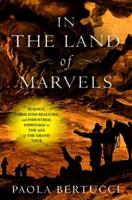Publisher's Synopsis
Reading Science Stories is a book meant to celebrate nonfiction reading, especially narrative nonfiction, as a vehicle for understanding the world around us. We live in what is the greatest scientific era in all of human history, it also happens to be an Information Age, and nonfiction is a great medium for explanations, but many of our schools and book clubs are still mostly focused on fiction. That is changing with the understanding that narrative nonfiction can be as gripping as a novel. In this book Joy Hakim provides a series of stories about some of history's great explorers: mathematicians and scientists trying to discover how the universe works. There's Archimedes, tasked with figuring out if the king was cheated when he gave his jeweler a chunk of gold to make a crown. Did the jeweler mix silver with the gold so some would be left for his own use? Read the book and you'll know what happened. Then there is Vesalius who dissected mice as a kid and expects, as a medical student, to cut into human cadavers. But that isn't done in the med schools of his time. What does he do? Read his story and find out. Or you can learn about Einstein, who wouldn't do what his teachers expected, whether he was in high school or graduate school. The teachers were not amused and wrote no recommendations. Einstein's parents anguished over their son's attitude and his inability to get a good job as almost all his classmates did. Mostly this book is meant to make it clear that science is not just for scientists. It's a story that stretches through human history impacting all of us. Scientists want to know how the world and its inhabitants function. Over time their inquiries, experiments, and hard work have brought us to the astonishing world we live in. The 22 stories in this book provide a peek at the people and processes that have helped make our universe understandable.

